
Contents
- 1 Nose Job: Everything You Need to Know Before Getting One
- 2 Benefits and Risks of a Nose Job
- 3 How to Prepare for a Nose Job
- 4 Different Types of Nose Job Techniques
- 5 What to Expect During and After a Nose Job
- 6 How Much Does a Nose Job Cost in Turkey?
- 7 Frequently Asked Questions About Nose Job
- 8 Recovery and Results
- 9 Benefits and Risks
- 10 Choosing a Surgeon
- 11 Results of Nose Job
- 12 The keywords of the article are:
Nose Job: Everything You Need to Know Before Getting One
Are you unhappy with the shape or size of your nose? Do you have breathing problems or a deviated septum? If you answered yes to any of these questions, you might be considering getting a nose job.
- How to Get a Nose Job in Turkey: A Complete Guide for Foreigners
- Everything You Need to Know Before Going Under the Knife
- The Pros and Cons of Getting a Nose Job: Is It Worth It?
- 7 Things to Consider Before Getting a Nose Job
- How to Choose the Best Rhinoplasty Surgeon for Your Nose Job
- What to Expect After a Nose Job: Recovery Tips and Tricks
- How to Save Money on Your Nose Job: The Best Deals and Discounts in Turkey
- Nose Job FAQs: Answers to the Most Common Questions About Rhinoplasty
- How to Avoid Nose Job Complications: Tips from an Expert
A nose job, also known as rhinoplasty, is a surgical procedure that changes the appearance and function of the nose. It can correct various nasal deformities, such as a hump, a crooked bridge, a bulbous tip, or a wide nostril. It can also improve the nasal airflow and the harmony of the face.
But before you decide to go under the knife, there are some things you need to know about nose job surgery. In this article, we will cover the following topics:
- What are the benefits and risks of a nose job?
- How to prepare for a nose job?
- What are the different types of nose job techniques?
- What to expect during and after a nose job?
- How much does a nose job cost in Turkey?
- Frequently asked questions about nose job

Benefits and Risks of a Nose Job
A nose job can have many benefits for your appearance and health. Some of the benefits are:
- A nose job can create a more attractive and balanced look on your face.
- If you have spent years unhappy with the shape of your nose, having surgery can increase your self-confidence. In many scientific survey studies, an average of 96% of these patients say that they feel much more comfortable and self-confident after surgery.
- A nose job can also improve your breathing and nasal function. If you have a deviated septum, enlarged turbinates, or nasal valve collapse, a nose job can correct these structural problems and help you breathe easier.
However, like any surgery, a nose job also has some risks and drawbacks. Some of the risks are:
- Relatively expensive. Insurance companies often exclude payments, but some insurers can meet if structural needs are corrected for medical reasons such as breathing problems.
- Since there will be visible swelling and bruising for the first week, you will stay away from the active work environment for 5-10 days depending on your workplace environment.
- Some effects of taking general anesthesia, nausea, vomiting, sore throat, etc. may be rare.
- It may take up to a year to see your final results and may not match your expectations.
- If your nose does not heal properly (or your surgery was not done well for the first time), you may need a revision rhinoplasty. Every rhinoplasty surgeon has a revision case. Depending on the scope of the problem, revision rhinoplasty can be minor or major.
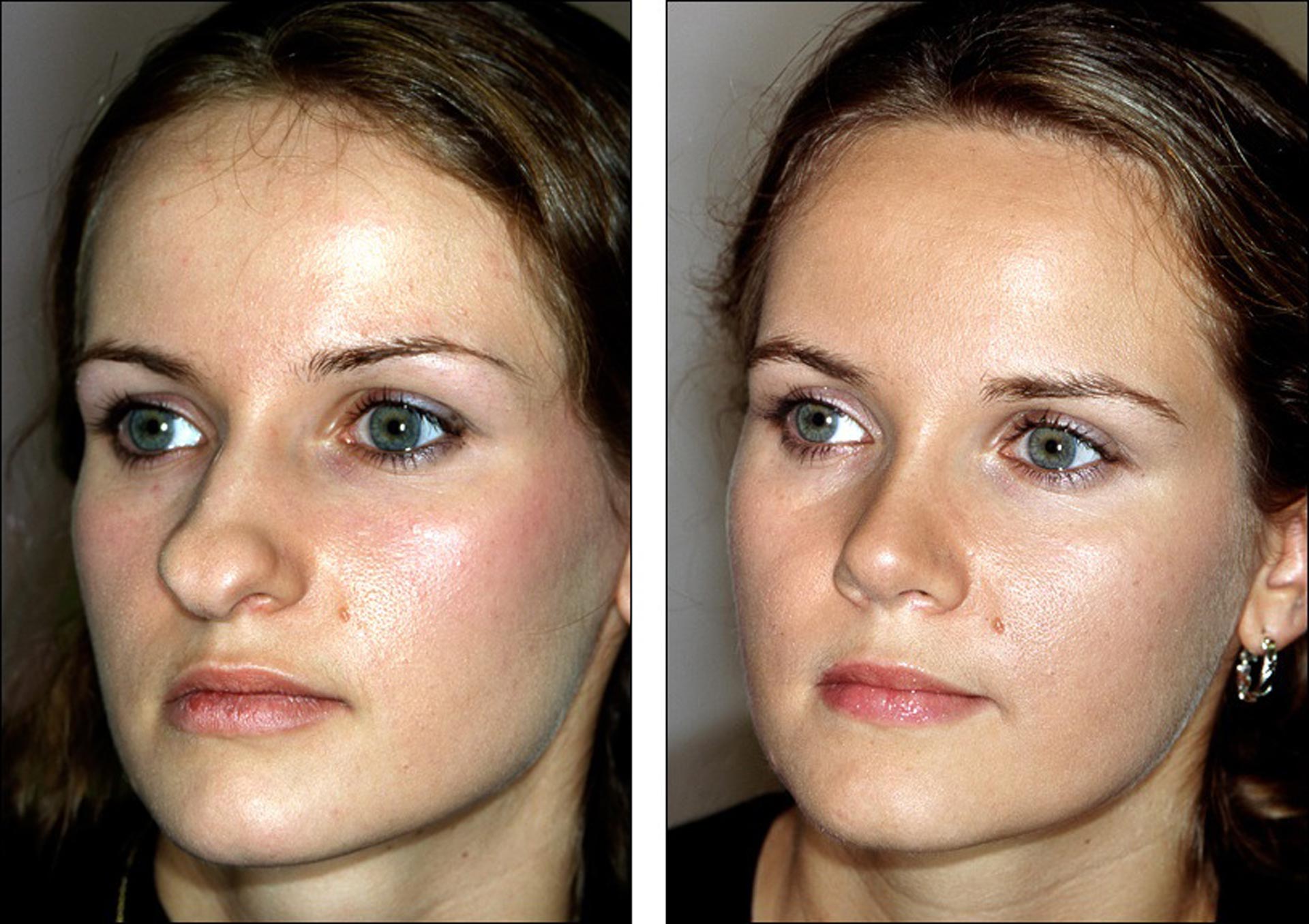
How to Prepare for a Nose Job
Before you undergo a nose job, you need to do some preparation to ensure a safe and successful outcome. Here are some steps you need to take before your surgery:
- Find a qualified and experienced rhinoplasty surgeon. You should do some research and look for a surgeon who has a good reputation, a high success rate, and a portfolio of before and after photos. You should also check the credentials, certifications, and reviews of the surgeon.
- Have a consultation with your surgeon. During the consultation, you should discuss your goals, expectations, and concerns with your surgeon. Your surgeon will examine your nose, take some measurements, and take some photos. Your surgeon will also use some simulations and Photoshop to show you what kind of nose structure you can achieve with the surgery. This stage is very important for understanding your expectations and achievable results.
- Get some medical tests and evaluations. Before the surgery, you will need to have some blood tests, a physical examination, and an evaluation of your medical history. You should inform your surgeon about any medications, supplements, allergies, or medical conditions you have. Your surgeon will also advise you on how to stop smoking, drinking alcohol, and taking blood thinners before the surgery, as these can affect your healing and increase the risk of bleeding and infection.
- Arrange your travel and accommodation. If you are traveling to Turkey for your nose job, you will need to plan your trip and book your flight and hotel. You should also arrange for someone to accompany you or pick you up after the surgery, as you will not be able to drive or take public transportation. You should also prepare some comfortable clothes, pillows, ice packs, and entertainment for your recovery period.
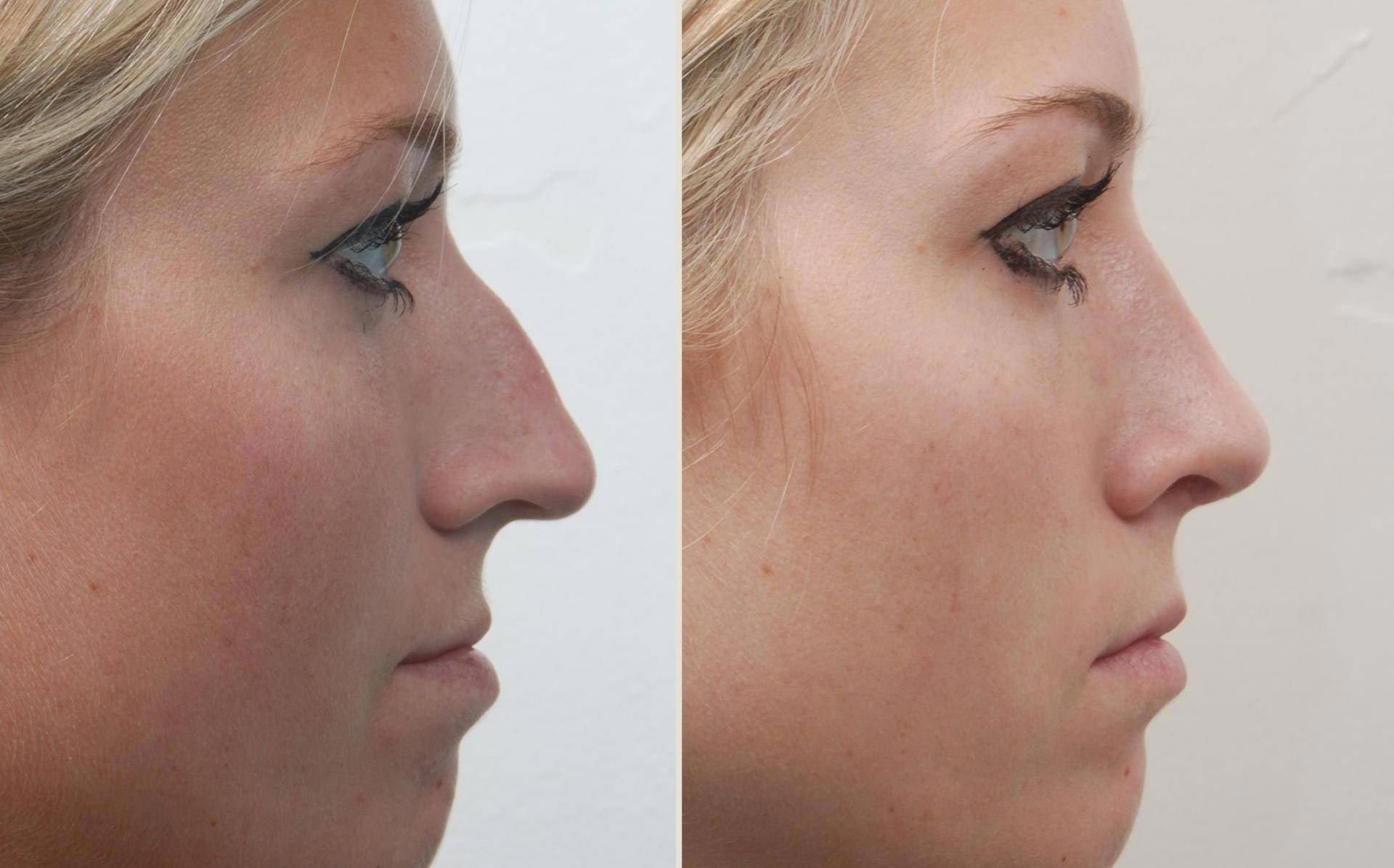
Different Types of Nose Job Techniques
There are two main techniques that are used for nose job surgery: open and closed. The difference between them is the location and size of the incisions.
- Open nose job: In this technique, the surgeon makes a small incision across the skin between the nostrils, called the columella. This allows the surgeon to lift the skin and access the cartilage and bone of the nose. This technique gives the surgeon more visibility and control over the nasal structure, and is preferred for complex or revision cases. However, it also leaves a small scar on the columella, which may be visible in some cases.
- Closed nose job: In this technique, the surgeon makes incisions inside the nostrils, which are not visible from the outside. The surgeon then reshapes the cartilage and bone of the nose through these incisions. This technique has the advantage of no external scar, faster healing, and less swelling. However, it also has some limitations in terms of visibility and precision, and is suitable for minor or simple cases.
The choice of the technique depends on the goals, expectations, and anatomy of the patient, as well as the preference and experience of the surgeon.

What to Expect During and After a Nose Job
A nose job is usually performed under general anesthesia, which means you will be asleep and not feel any pain during the surgery. The surgery can take anywhere from one to three hours, depending on the complexity and technique of the procedure.
During the surgery, the surgeon will make the incisions, either open or closed, and then reshape the cartilage and bone of the nose according to the preoperative plan. The surgeon may also use grafts from other parts of the body, such as the ear or the rib, to add or replace tissue in the nose. The surgeon will then close the incisions with stitches and apply a splint and bandages to protect and support the nose.
After the surgery, you will be taken to a recovery room, where you will be monitored for any complications. You may feel some pain, discomfort, nausea, or sore throat, which can be relieved with medication. You will also have some swelling and bruising around your eyes and nose, which will gradually subside in the following weeks. You may also have some nasal congestion and bleeding, which can be managed with gauze and saline spray.
You will usually stay in the hospital for one night, and then you will be discharged to your home or hotel. You will need to follow some postoperative instructions, such as:
- Sleep on high pillows for 6 weeks after the operation, helping to reduce swelling.
- Try to lie on the back side positions, for this aim, we recommend traveling pillows.
- Follow a low-salt diet that helps reduce swelling at the tip of the nose.
- Apply a cold compress with ice cubes for the first 48 hours.
- Try not to blow your nose at least for 2 weeks as it may burst your stitches and increase your edema.
- Avoid strenuous activities for the first two weeks and sports that might hit your nose for four weeks.
You will also need to visit your surgeon for some follow-up appointments, where the surgeon will remove the splint, stitches, and packing from your nose. You will be able to see some improvement in your nose shape, but the final results will take up to a year to appear, as the swelling and healing process will continue.

How Much Does a Nose Job Cost in Turkey?
The cost of a nose job in Turkey can vary depending on several factors, such as:
- The experience and reputation of the surgeon
- The technique and complexity of the surgery
- The location and quality of the hospital or clinic
- The additional services and facilities included in the package
According to some statistics, the average cost of a nose job in Turkey ranges from $2,000 to $5,000, which is much cheaper than in other countries, such as the USA, UK, or Germany, where the average cost can be between $10,000 and $20,000.
One of the reasons why Turkey is a popular destination for nose job surgery is the high quality and affordability of the medical services. Turkey has many qualified and experienced rhinoplasty surgeons, who use the latest techniques and technologies to achieve the best results. Turkey also has many accredited and modern hospitals and clinics, which offer comfortable and safe environments for the patients. Moreover, Turkey offers many attractive and historical places to visit, which can make the trip more enjoyable and memorable.
Frequently Asked Questions About Nose Job
Here are some of the most common questions that people ask about nose job surgery:

Who is a good candidate for a nose job?
A good candidate for a nose job is someone who is unhappy with the appearance or function of their nose, and who has realistic expectations about the outcome. A good candidate should also be in good physical and mental health, and have completed their facial growth, which usually happens around the age of 16 for girls and 18 for boys.
What are the possible complications of a nose job?
Some of the possible complications of a nose job are infection, bleeding, anesthesia risks, poor wound healing, scarring, nasal asymmetry, difficulty breathing, skin discoloration, numbness, pain, swelling, and dissatisfaction with the results. These complications are rare and can be prevented or treated by following the surgeon’s instructions and choosing a qualified and experienced surgeon.
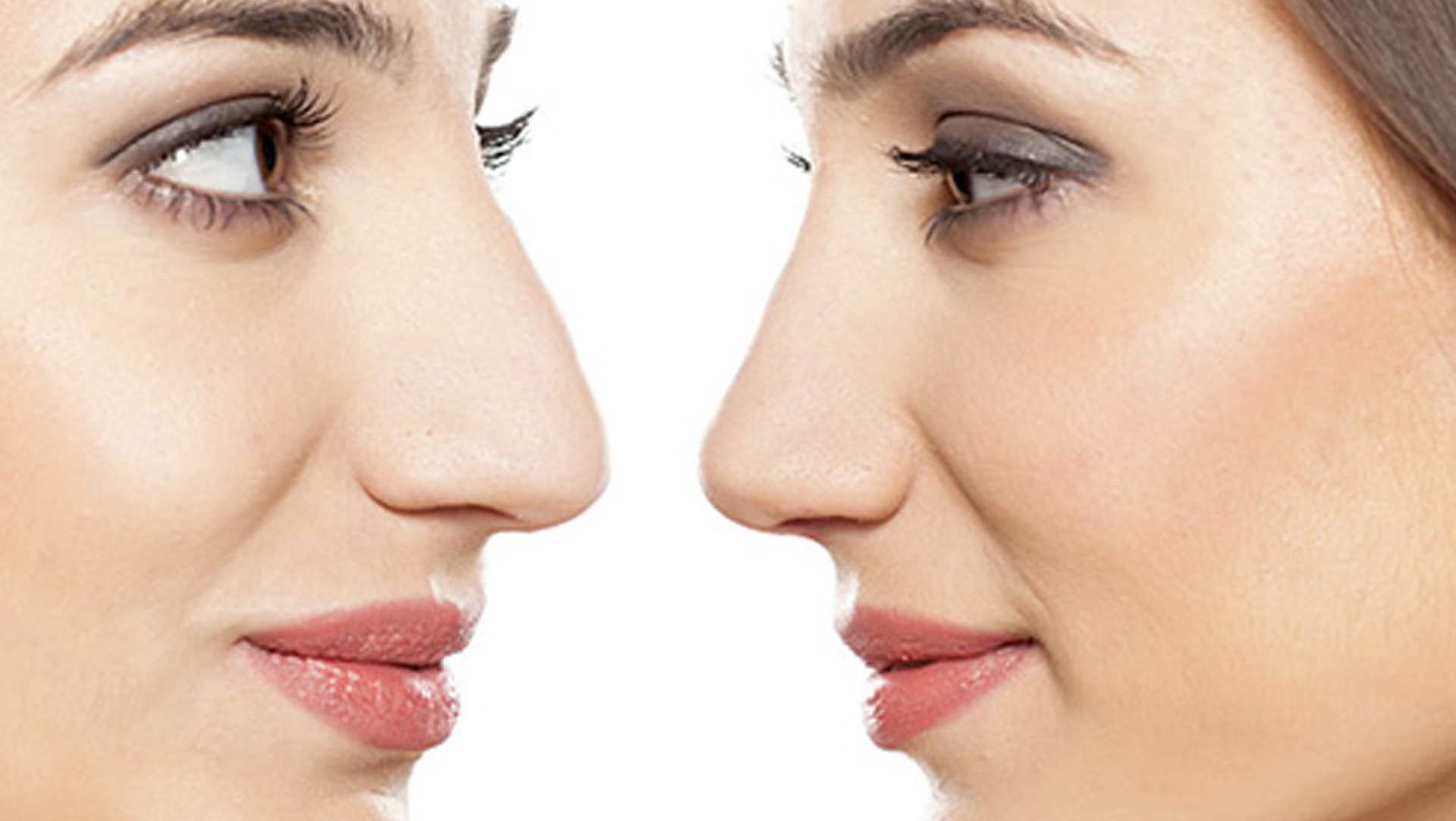
How long does it take to recover from a nose job?
The recovery time from a nose job varies from person to person, but generally, it takes about one to two weeks to resume normal activities and about six weeks to resume strenuous activities and sports. The swelling and bruising will subside gradually in the first few weeks, but the final results will take up to a year to appear, as the nose will continue to heal and refine.
Can I wear glasses after a nose job?
You should avoid wearing glasses or sunglasses that rest on the bridge of your nose for at least four to six weeks after a nose job, as they can put pressure on the healing tissues and affect the shape of the nose. You can wear contact lenses or glasses that are supported by the ears instead.
Will a nose job change my voice?
A nose job may cause some temporary changes in your voice, such as nasal congestion, hoarseness, or a slight difference in resonance. However, these changes are usually minor and temporary, and will not affect your normal speech or singing. A nose job will not change your voice permanently, unless you have a major alteration in the nasal passages or the vocal cords.
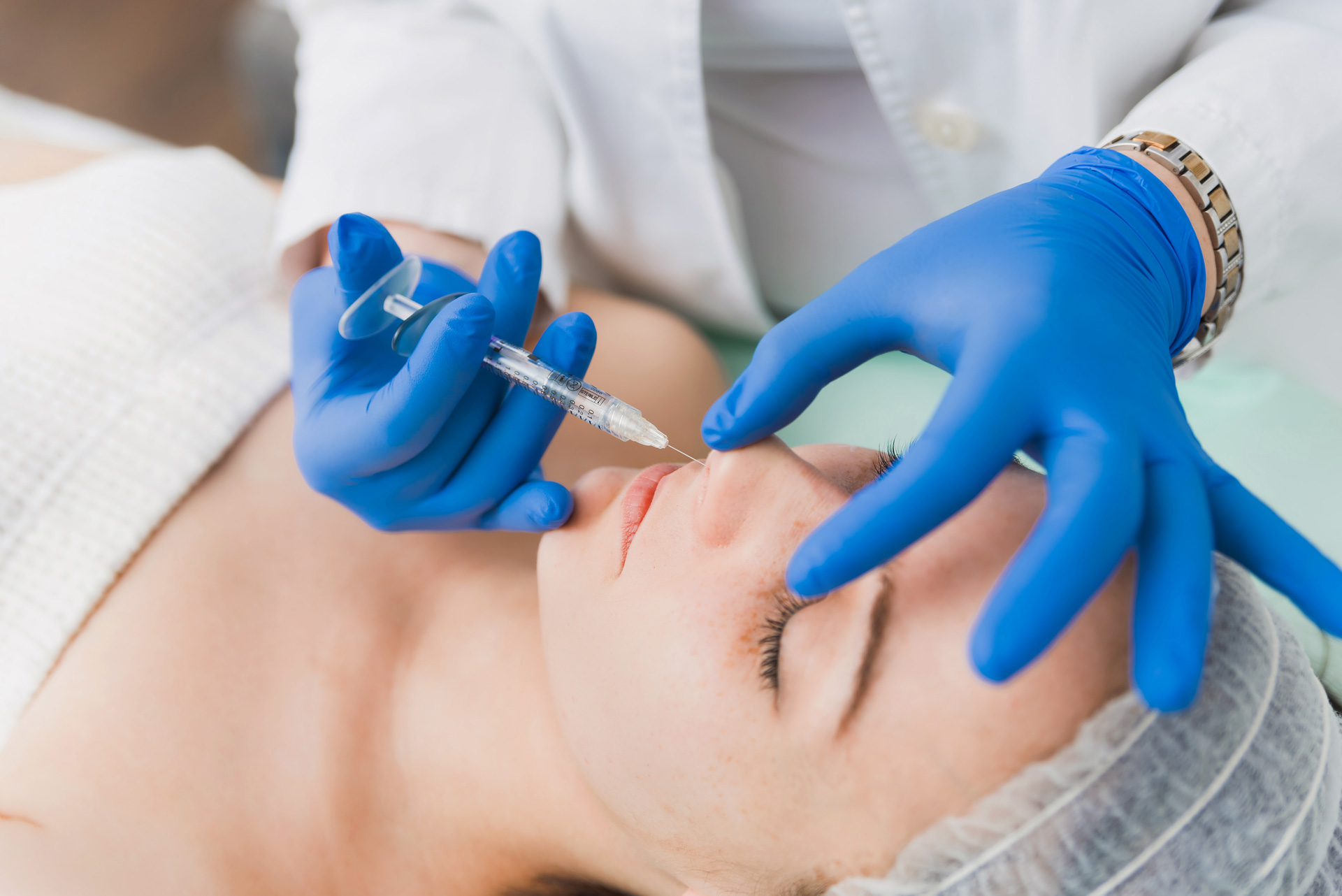
Recovery and Results
After the surgery, you will need to rest and follow some postoperative instructions to ensure a smooth and fast recovery. You will have some swelling and bruising around your eyes and nose, which will subside in a few weeks. You will also have a splint and bandages on your nose, which will be removed after a week.
You will be able to see some improvement in your nose shape, but the final results will take up to a year to appear, as the swelling and healing process will continue. You should avoid any activities that might injure your nose, such as sports, sun exposure, or glasses. You should also keep in touch with your surgeon and attend regular follow-up appointments to monitor your progress and address any concerns.
Benefits and Risks
A nose job can improve your appearance and self-confidence by creating a more harmonious and balanced facial profile. It can also correct functional problems such as breathing difficulties, snoring, or sinus infections. However, like any surgery, a nose job also has some potential risks and complications, such as infection, bleeding, scarring, asymmetry, numbness, or dissatisfaction with the outcome. You should discuss the benefits and risks of a nose job with your surgeon before deciding to undergo the procedure.
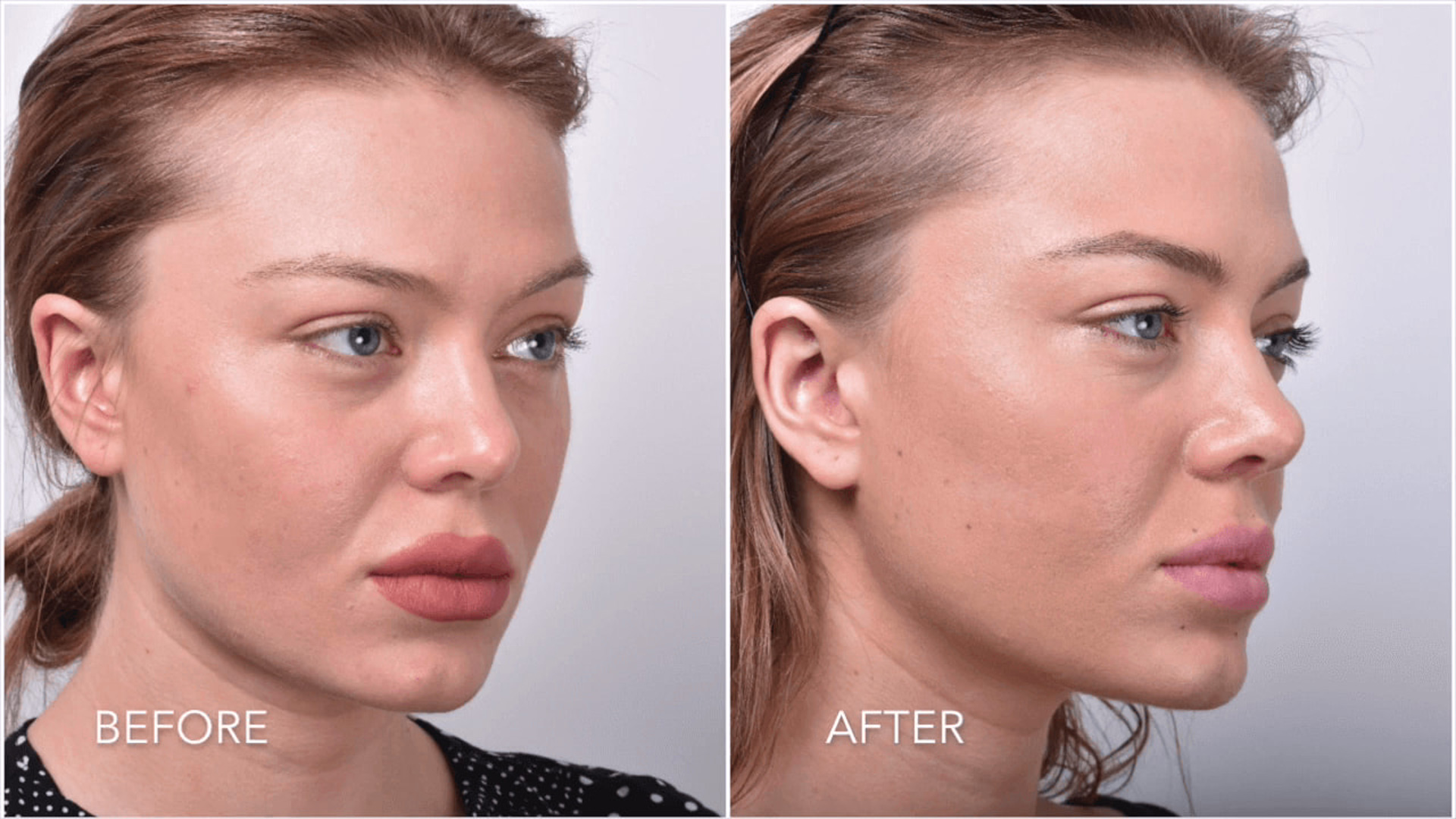
Choosing a Surgeon
The success and safety of your nose job depend largely on the skill and experience of your surgeon. You should choose a board-certified plastic surgeon who specializes in rhinoplasty and has a proven track record of delivering natural-looking and satisfying results. You should also check the surgeon’s before-and-after photos, reviews, and testimonials from previous patients. You should feel comfortable and confident with your surgeon and have realistic expectations about what a nose job can and cannot do for you.
A nose job is a surgical procedure that can change the appearance and function of your nose. It can improve your facial harmony, self-confidence, and breathing quality. However, it also involves some risks, costs, and recovery time. Therefore, you should do some research and preparation before deciding to undergo a nose job. You should also choose a qualified and experienced rhinoplasty surgeon who can understand your goals and expectations and deliver the best possible results.

Results of Nose Job
A nose job can have a significant impact on your appearance and self-confidence. It can create a more harmonious and balanced facial profile, and enhance your natural beauty. It can also improve your breathing and nasal function, and reduce your snoring and sinus problems. Here are some examples of the results of nose job surgery:
- Before and after photos of a woman who had a nose job to reduce the size and projection of her nose, and to refine the tip and the nostrils. She achieved a more feminine and elegant look, and improved her facial harmony.
- Before and after photos of a man who had a nose job to correct a deviated septum, a hump, and a droopy tip. He achieved a more straight and symmetrical nose, and improved his breathing quality.
- Before and after photos of a woman who had a nose job to correct a crooked bridge, a wide tip, and a bulbous tip. She achieved a more smooth and narrow nose, and enhanced her facial features.
If you are interested in getting rhinoplasty in Turkey, you can contact us to reach the most respected and talented surgeons in the country. Our skilled surgeons will provide you with a personalized consultation and a customized treatment plan tailored to your needs and preferences.
The keywords of the article are:
- Rhinoplasty: The medical term for a nose job.
- Open and closed techniques: The two main methods of performing a nose job, with different incisions and outcomes.
- Benefits and risks: The pros and cons of having a nose job, such as improved appearance, breathing, self-confidence, cost, recovery, complications, and revision.
- Preparation and recovery: The steps to take before and after the surgery, such as finding a surgeon, having a consultation, getting medical tests, arranging travel and accommodation, following postoperative instructions, and visiting for follow-up appointments.
- Cost in Turkey: The average price range of a nose job in Turkey, which is much lower than in other countries, and the reasons why Turkey is a popular destination for surgery.

One Comment